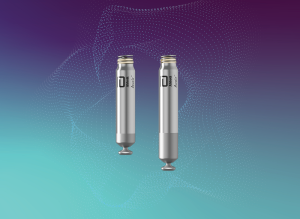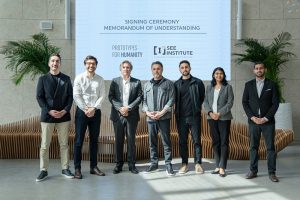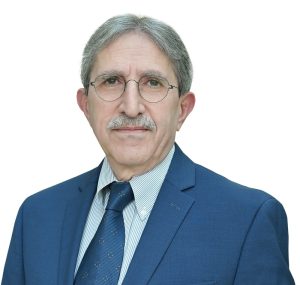Alopecia Areata is more than just hair loss; it’s a condition with profound emotional and psychological effects. For patients in the Gulf, societal norms around appearance can intensify these challenges. Dr. Nadine Tarcha sheds light on the latest advancements in understanding and treating this autoimmune disorder, emphasizing the importance of raising awareness, offering mental health support, and ensuring holistic care to transform the lives of those affected.
Alopecia Areata is a chronic autoimmune disorder that causes unpredictable and often sudden hair loss, affecting millions of people globally. Though not life-threatening, this condition can have profound emotional and psychological consequences.
Societal standards related to appearance can intensify the challenges associated with visible hair loss, making it crucial to raise awareness and provide comprehensive support for those affected. When hair begins to fall out, it sometimes does so in round, quarter-sized patches, though affected areas can be larger. For some people, this hair loss is a one-time event.
For others, alopecia areata comes and goes and can last a lifetime. Each person may have a different experience with alopecia areata. Some people may regrow hair, while others do not. Hair regrowth can be spontaneous, or it can happen following treatment.
People with Alopecia Areata often experience high levels of anxiety and depression, highlighting the importance of holistic approaches to treatment that encompass mental health support.
A study from the National Alopecia Areata Foundation (NAAF) has shown that the psychological impact of Alopecia Areata is similar to that of other chronic illnesses, with patients frequently reporting feelings of isolation and low self-esteem. In regions such as the Gulf, where visible appearance plays a significant social role, these challenges might be particularly amplified.
Recent advancements in immunology have made substantial progress toward understanding Alopecia Areata’s underlying mechanisms. Today, new targeted therapies, are showing promise in addressing the immune pathways associated with Alopecia Areata. These advancements in the treatment of severe Alopecia Areata are an important milestone for patients as young as 12 years of age.
At Pfizer, we continue to apply science along with our global resources to bring therapies to help patients living with chronic autoimmune diseases such as Alopecia Areata. Pfizer is committed to collaborating with healthcare professionals, policymakers, and community advocates to promote a holistic approach to Alopecia Areata. Our goal is to improve the lives of patients by fostering a healthcare ecosystem that prioritizes scientific innovation.
By supporting policies and programs that address the unique cultural challenges of Alopecia Areata, we can create a more inclusive healthcare environment. This commitment aligns with our broader vision to enhance patient care by understanding and responding to diverse regional needs. Through awareness, partnership, and ongoing research, let us commit to alleviating the burden of Alopecia Areata for individuals across the Gulf region.
Opinion article bylined by Dr. Nadine Tarcha, Pfizer Gulf Medical Director










